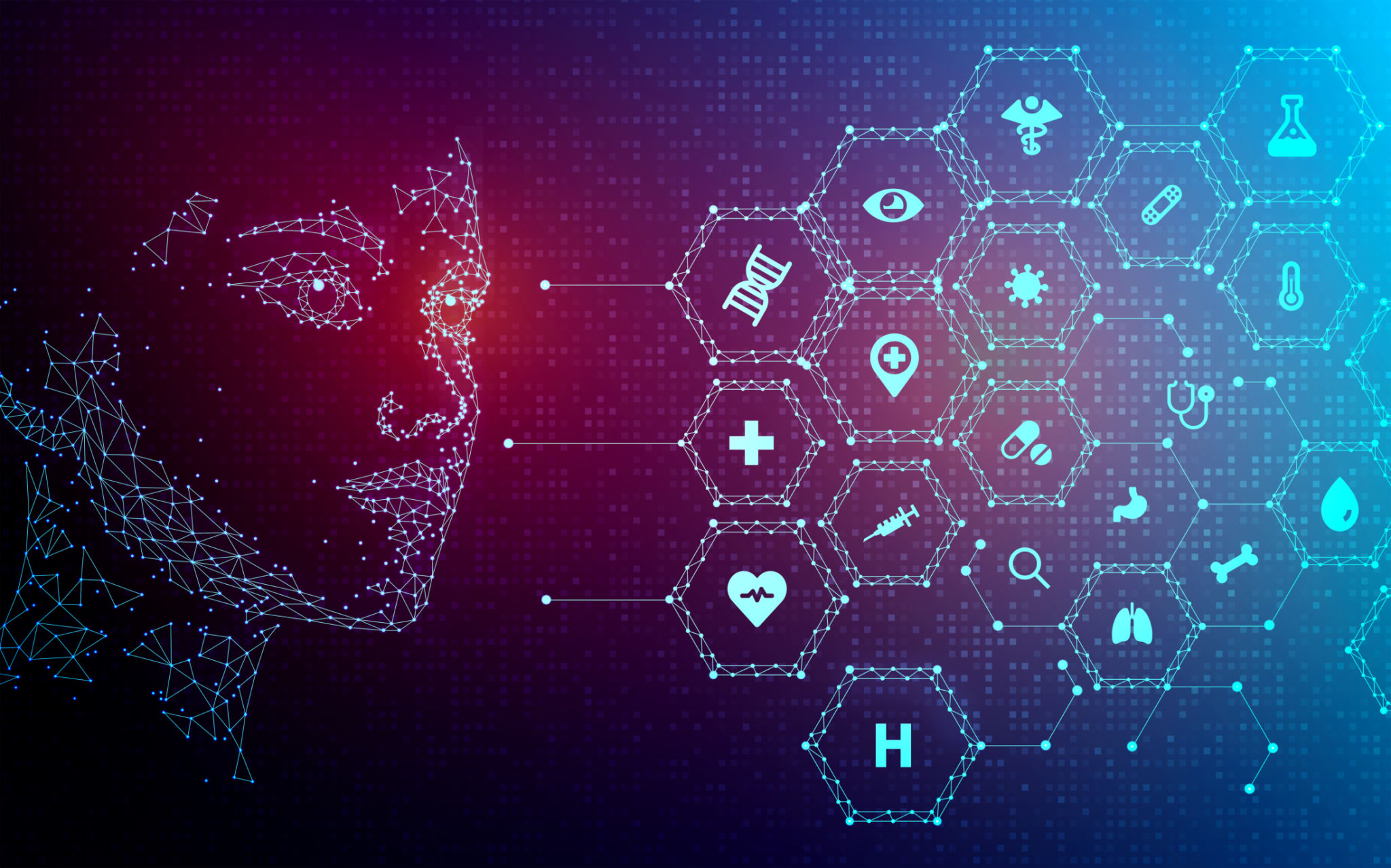Key Trends in AI Healthcare: Opportunities for Startups
Introduction to AI in Healthcare
The integration of artificial intelligence (AI) into healthcare is revolutionizing the industry by enhancing patient care, streamlining operations, and opening new avenues for innovation. This transformation is creating a wealth of opportunities for startups looking to make their mark. In this blog post, we'll explore key trends in AI healthcare and how startups can capitalize on these opportunities.
Personalized Medicine
One of the most promising applications of AI in healthcare is personalized medicine. By analyzing a patient's genetic information, lifestyle, and environment, AI can help tailor treatments that are more effective for individual patients. Startups focusing on developing AI algorithms for genomics and personalized treatment plans stand to gain significantly as this trend grows.

AI-Powered Diagnostics
AI-powered diagnostic tools are making early and accurate disease detection more accessible. Machine learning algorithms can analyze medical images, lab results, and other data to identify patterns that human eyes might miss. Startups working on AI diagnostic tools can play a critical role in reducing diagnostic errors and improving patient outcomes.
Additionally, these tools can help alleviate the burden on healthcare systems by automating routine tasks, allowing medical professionals to focus on more complex cases. This efficiency not only improves patient care but also reduces operational costs in healthcare facilities.
Remote Patient Monitoring
Remote patient monitoring is gaining traction as a way to provide continuous care to patients outside traditional healthcare settings. AI algorithms can analyze data from wearable devices and sensors to monitor patients' health in real-time. Startups in this space are well-positioned to create solutions that offer timely interventions and improve chronic disease management.

Predictive Analytics for Population Health
Predictive analytics is another area where AI is making a substantial impact. By analyzing large datasets, AI can identify trends and predict future health outcomes for populations. Startups that specialize in predictive models can help healthcare providers make informed decisions about resource allocation, risk management, and preventive care strategies.
Challenges and Considerations
Despite the numerous opportunities, integrating AI into healthcare comes with challenges. Data privacy concerns, regulatory compliance, and the need for robust data sets are significant considerations for startups. Addressing these issues will be crucial for success in the competitive AI healthcare landscape.

Opportunities for Collaboration
Collaboration between startups and established healthcare providers or tech companies can accelerate innovation. Partnerships can provide startups with access to essential resources such as data, expertise, and distribution channels. By fostering these alliances, startups can enhance their solutions and expand their market reach.
Moreover, engaging with academic institutions for research collaborations can lead to breakthroughs in AI technologies and methodologies, further advancing the field of healthcare.
Conclusion
The rise of AI in healthcare presents a unique set of opportunities for startups willing to navigate its complexities. By focusing on key areas such as personalized medicine, diagnostics, remote monitoring, and predictive analytics, startups can contribute significantly to transforming the healthcare landscape. As these trends continue to evolve, staying informed and adaptable will be critical for success in this dynamic industry.